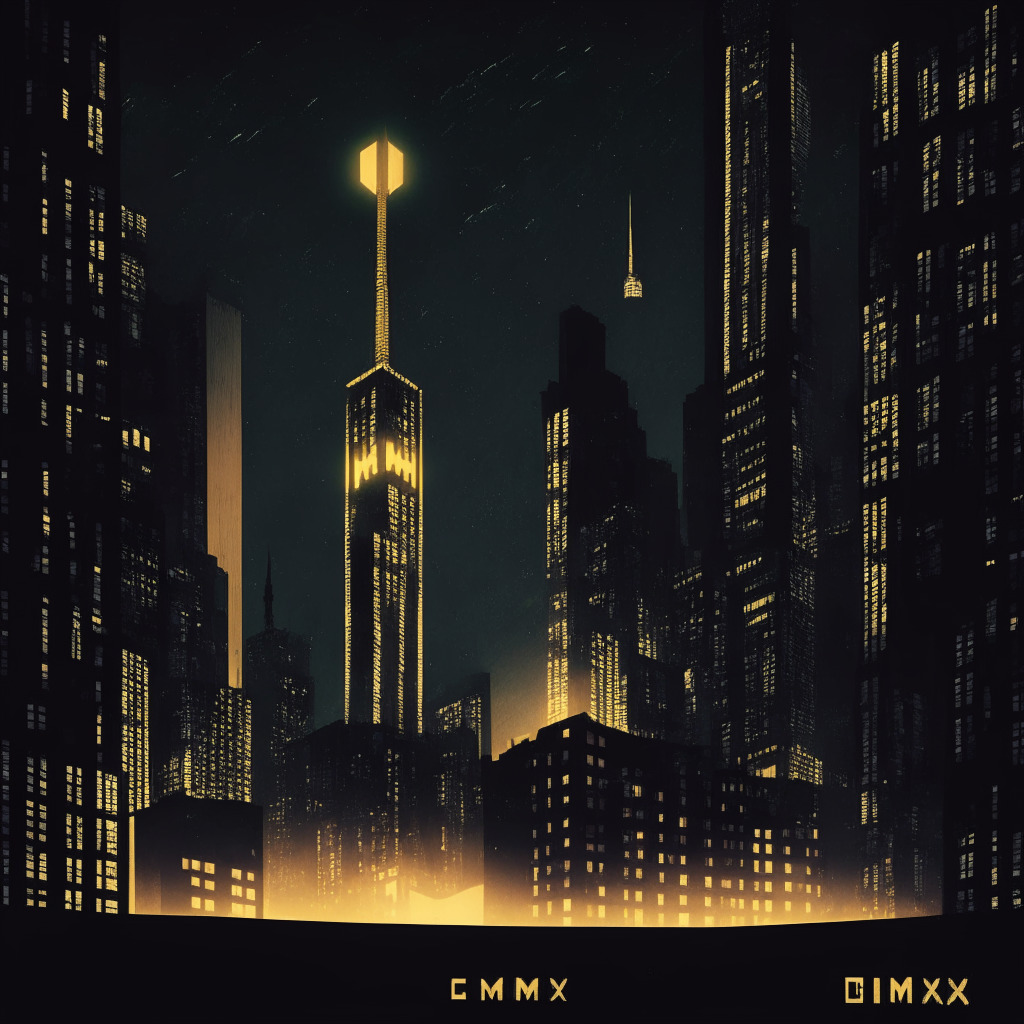The world of cryptocurrency regulation witnessed a significant shift in dynamics recently. Gary Gensler, the Chair for the US Securities and Exchange Commission (SEC), has been compared to Putin for his seemingly autocratic approach toward regulatory enforcement in the sector. Felix Shipkevich, the founder of New York-based law firm Shipkevich PLLC, gave these exclusive comments following the recent Grayscale vs. SEC case, which he termed as the “biggest-ever legal win for crypto”.
Strong wording from the District of Columbia Court of Appeals judges indicated that a SEC attempt to appeal the judgement may be unlikely, increasing chances for Bitcoin spot ETF products moving forward. However, there’s a fair chance that only applications from BlackRock and Fidelity might get the initial green light — a decision surrounded by its fair share of controversy.
This development comes shortly after news broke of a 45-day extension for seven pending applications at the SEC. Observers were puzzled by the separate announcement of delay for BlackRock’s iShares Bitcoin Trust. This positioning raised some eyebrows, adding to the labyrinthine workings of cryptocurrency regulations.
The recent ruling against the SEC, in which the judges described their behavior as “arbitrary” and “capricious”, is undoubtedly a blow to Gensler and the SEC. However, Shipkevich doubts an apology or alterations from the SEC are imminent. He rather drew an alarming parallel, likening Gensler’s personality and methods to those of Putin — indicating that Gensler is not likely to forget those who stand against him.
Moving forward, the situation at the SEC gets even murkier. Shipkevich’s speculation suggests that Gensler might prioritize processing traditional banking applications, favoring BlackRock and Fidelity. This move, however, could cause controversy by seeming to confirm the alleged preferred relationship between Wall Street and regulatory bodies like the SEC.
Shipkevich points toward Gensler’s history in the CFTC chair, where he is accused of crushing small to medium-sized financial institutions with stringent regulations while advantaging large firms. He warns that a similar approach might be taken against the crypto space.
However, Shipkevich acknowledges the need for regulation in the crypto sector, given the extensive occurrence of fraud. He emphasizes that allowing Grayscale, a well-established and capitalized company, to upgrade its offering to an open-ended ETF would not trigger regulatory distress. Following the recent ruling, he anticipates a faster approval process for BlackRock and Fidelity.
To conclude, while the landscape is marred with uncertainty, the approval of a Bitcoin Spot ETF could very well be on the horizon. As the crypto market acclimatizes to this changing dynamic, the focus remains to ensure fair and transparent crypto regulation, avoiding the fate of small to mid-sized firms during the Dodd-Frank era.
Source: Cryptonews




